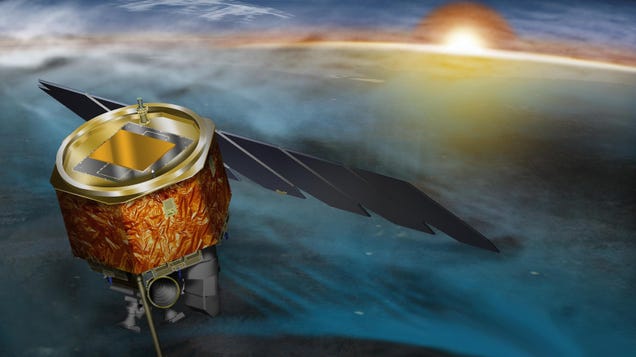
For the past 15 years, a small NASA spacecraft has explored the edge of space, probing the elusive clouds that form in Earth’s mesosphere. But the spacecraft is no longer operating the way it used to, forcing the team to end its mission.

For the past 15 years, a small NASA spacecraft has explored the edge of space, probing the elusive clouds that form in Earth’s mesosphere. But the spacecraft is no longer operating the way it used to, forcing the team to end its mission.

New animals and plants are being lost to extinction every year—more than 160 species disappeared just in the past decade.
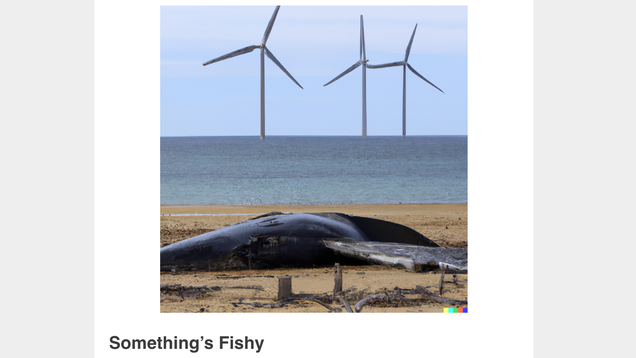
Readers of the daily email newsletter of one of the country’s leading right-wing, fossil fuel-funded think tanks were treated to a bizarre sight this week: an AI-generated image of a dead whale washed ashore on a beach in front of wind turbines, above a fearmongering story about offshore wind. Unfortunately, what is…
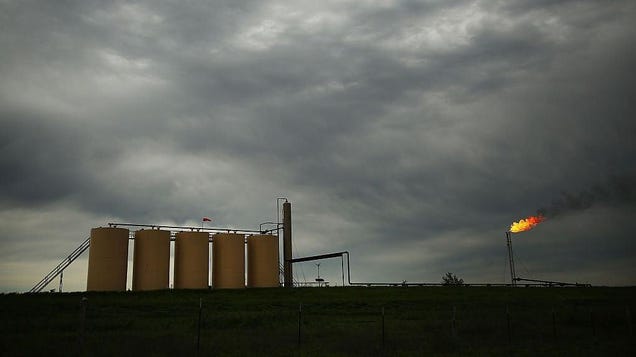
Officials in Texas want to make sure the state’s science textbooks don’t paint oil and gas in a bad light.

Nearly 400,000 people in the U.S. were still without power across the country Wednesday morning as wild winter weather pummeled both coasts.
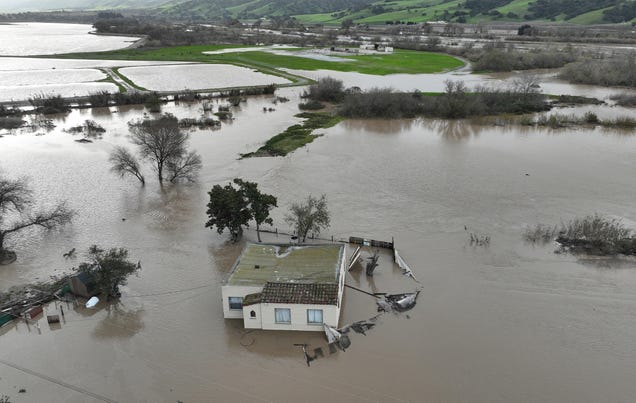
This story was originally published by Grist. You can subscribe to its weekly newsletter here.

The U.S. Environmental Protection Agency announced a proposal that would limit the amount of forever chemicals allowed in the nation’s drinking water to the lowest levels that can be detected on tests. The move will address rising concerns about how widespread PFAS exposure contributes to health concerns like liver…

Texas Republicans are at it again. Last week, Republican politicians in the state legislature introduced a package of bills intended to punish renewable energy and boost fossil fuels, despite the fact that Texas is currently one of the nation’s top generators of renewable power.
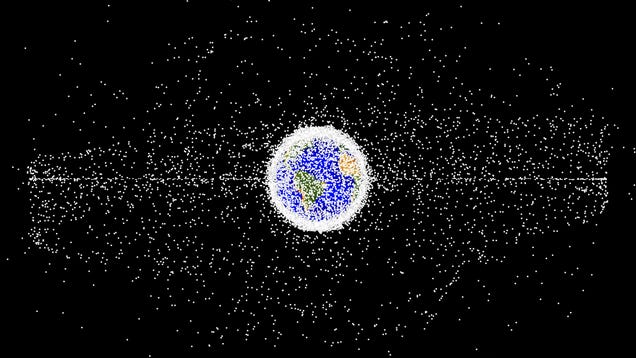
What goes up must come down, and that includes all of the satellites, rocket stages, and junk that humans have launched into space. A group of scientists is sounding the alarm about how that growing cloud of debris orbiting Earth may cause us trouble in the future, and are championing a global approach to governing…
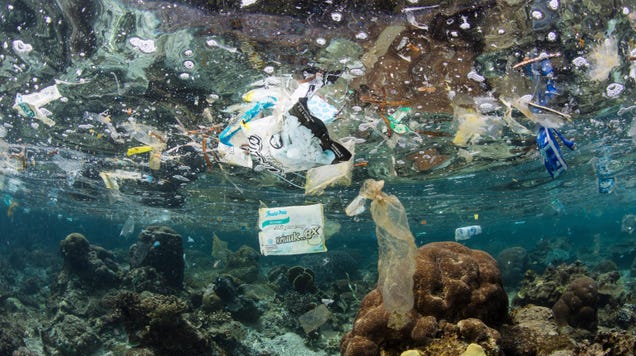
An analysis of global plastic data over the past four decades, published in the journal PLOS ONE, found that there’s now an estimated 170 trillion plastic particles—more than 2.2 million tons—floating in the world’s oceans.